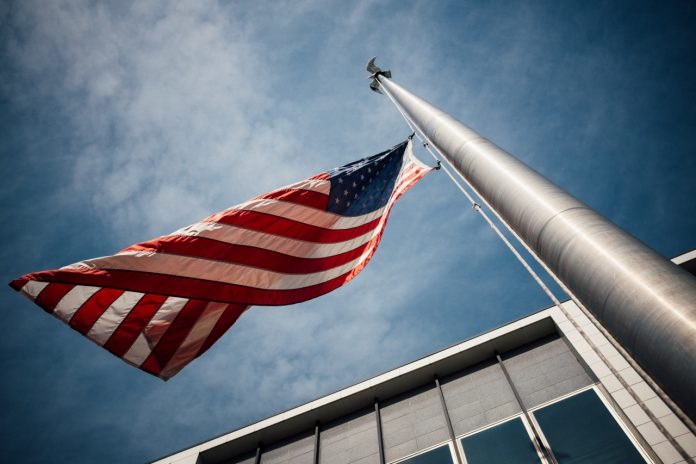01/21/2022 Nigeria (International Christian Concern) – Continuing a tradition going back to George H. W. Bush’s last days in office, President Biden last week declared January 16 to be Religious Freedom Day. The day, recognized by presidents for nearly thirty years now, is meant to remind the world how highly the United States values the right of every person to freely worship in accordance with their conscience.
“Our Founders enshrined the principle of religious freedom in the First Amendment to our Constitution, establishing it as a cornerstone of who we are as a Nation,” said Biden in a proclamation last week announcing Religious Freedom Day 2022. “My Administration remains steadfast in our efforts to lead and advance human rights including the freedom of religion around the globe at a time when many people are subject to horrifying persecution for their faith and beliefs.”
The Biden Administration has worked to advance religious freedom around the world, including through the nomination and eventual confirmation of Rashad Hussain to the influential position of Ambassador-at-Large for International Religious Freedom. The administration has also worked to bring attention to persecution in countries where that issue is often overlooked, including India, Algeria, and Burma.
However, despite these positive steps, the Biden Administration has also made several missteps regarding religious freedom—notably when it took Nigeria off the Countries of Particular Concern (CPC) list in November of 2021, essentially giving its religious freedom practices a stamp of approval. Human rights groups reacted with strong condemnation and the U.S. Commission on International Religious Freedom, a government body, called the move “appalling.”
Several congressional offices pushed back against the delisting as well, joining group letters demanding an explanation for the move and asking that State Department reverse its decision to take Nigeria off the CPC list. ICC, which has long engaged with Congress on the issue of persecution in Nigeria, helped push these letters behind the scenes and met with dozens of congressional offices in the weeks after the delisting.
Nigeria has dealt with significant internal violence for years, mostly at the hands of the Boko Haram terrorist group and militant Fulani herdsmen. Tens of thousands have been killed or abducted by these two groups, and hundreds of thousands have been internally displaced.
1,900 civilians and government employees were killed by Boko Haram and Fulani militants in 2020 alone, according to ICC analysis of the situation. Much of the violence is concentrated in Christian-majority areas of the Middle Belt region.
ICC’s analysis shows that the majority of civilian and government deaths in 2020 happened at the hands of Fulani militants rather than Boko Haram terrorists or bandits. Despite this fact, the government of Nigeria continues to largely ignore the Fulani crisis in favor of the more easily-defined terrorist threat posed by Boko Haram and the simpler criminal threat posed by vaguely-defined bandits.















